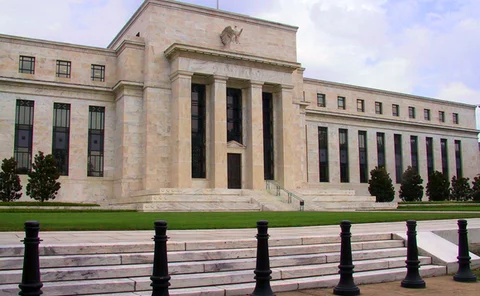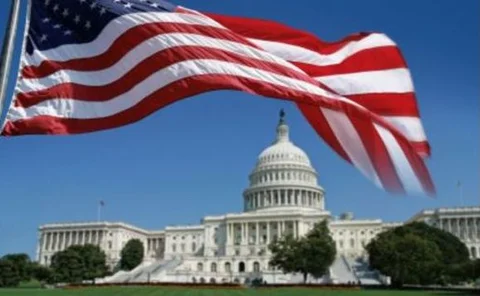Federal Reserve
Former regulator urges new approach to AI explainability
Ex-OCC chief Michael Hsu suggests shift from academic analysis to decision-based techniques
Winds of change will continue to roar for energy markets
Ten years ago, economists were sanguine amid the ‘great moderation' and the energy industry was fretting about peaking worldwide oil supplies. There is no predicting the future, writes energy market veteran Vincent Kaminski, but it is sure to be a leap…
New rules 'redefining' commodities market – Citi’s Staley
A surge of regulation and the recent slump in oil prices are the two biggest trends in commodity derivatives, says Stuart Staley, Citi's head of global commodities
Goldman upbeat on commodities despite tighter regulation
Adapting to new rules and capital requirements is achievable, says Agran
JP Morgan commodity heads reveal plans for the future
JP Morgan sold its physical commodities business to Switzerland-based Mercuria in October, a major retreat after years of aggressive expansion in energy and metals. But in an exclusive interview, the bank’s new global co-heads of commodities tell…
Mercuria deal was driven by economics, says JP Morgan
JP Morgan's global co-heads of commodities, John Anderson and Michael Camacho, say the bank's decision to sell its physical commodities business to Mercuria was not down to regulatory pressure
Senators turn up the heat on physical commodities
A key US Senate subcommittee has put the spotlight on banks’ involvement in physical commodities, raising pressure on the Federal Reserve to impose tough restrictions
US energy firms cheer regulators’ shift on margin rule
In an about-face, the Fed and other bank regulators exempt non-financial end-users from requirement to post margin on non-centrally cleared swaps
Commodity traders won’t replace banks, says Citi’s Staley
Citi head of global commodities “doesn’t lay awake at night awaiting a full-scale assault” from non-bank companies, such as oil majors and commodity trading houses
Banks counter Fed worries on physical commodities
Goldman Sachs and Morgan Stanley stress public benefits of allowing banks to trade physical commodities, while downplaying fears of catastrophic risk
Fed probes catastrophic risks in bank physical commodity trading
The US Federal Reserve has moved to tighten the rules on physical commodity trading by banks, citing fears they might suffer huge losses as a result of an environmental disaster. How valid are such concerns and what steps is the Fed likely to take?…
Fed moves to rein in US banks’ physical commodity trading
Under pressure from politicians, the US Federal Reserve floats proposals to tighten rules on banks in physical commodities
Barclays enters supply-and-offtake deal with US refinery
Barclays clinches deal with Hawaii refinery as US Federal Reserve scrutinises physical commodity trading by banks
Bank physical commodity trading is desirable, not essential
The role of banks in physical commodities is poorly understood, but it is not indispensable
The furore over physical commodity trading
Despite the agitation over their role, there are valid reasons why banks are involved in physical commodities
Banks’ physical commodity trading comes under scrutiny
Amid a review of a 2003 determination by the Federal Reserve, the involvement of US banks in physical commodities has come under fire from regulators, politicians and the media. Could they really be forced to exit physical trading? Alexander Osipovich…
Bank physical commodity trading attacked in US Senate hearing
Physical trading by banks said to inflate commodity prices, increase systemic risk and threaten shortage of beer cans
QE3: The next big driver for oil prices?
Quantitative easing has been touted as the next big driver of oil prices. However, analysing and predicting the market behaviour it actually generates is difficult. Jay Maroo talks to experts about what they expect from QE and how this might impact risk…

















